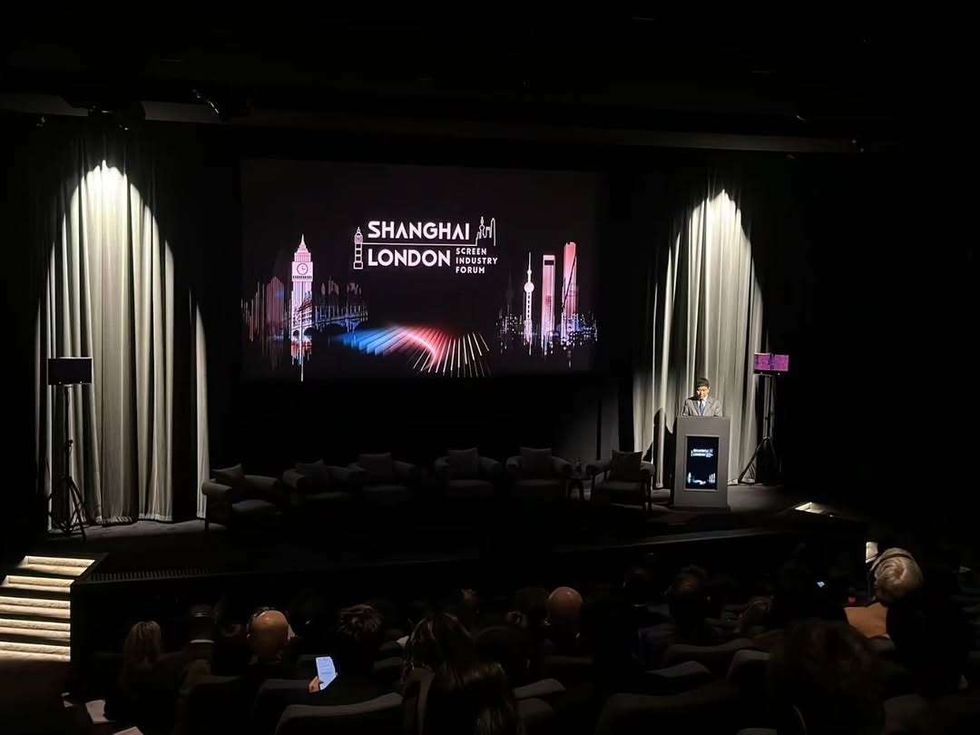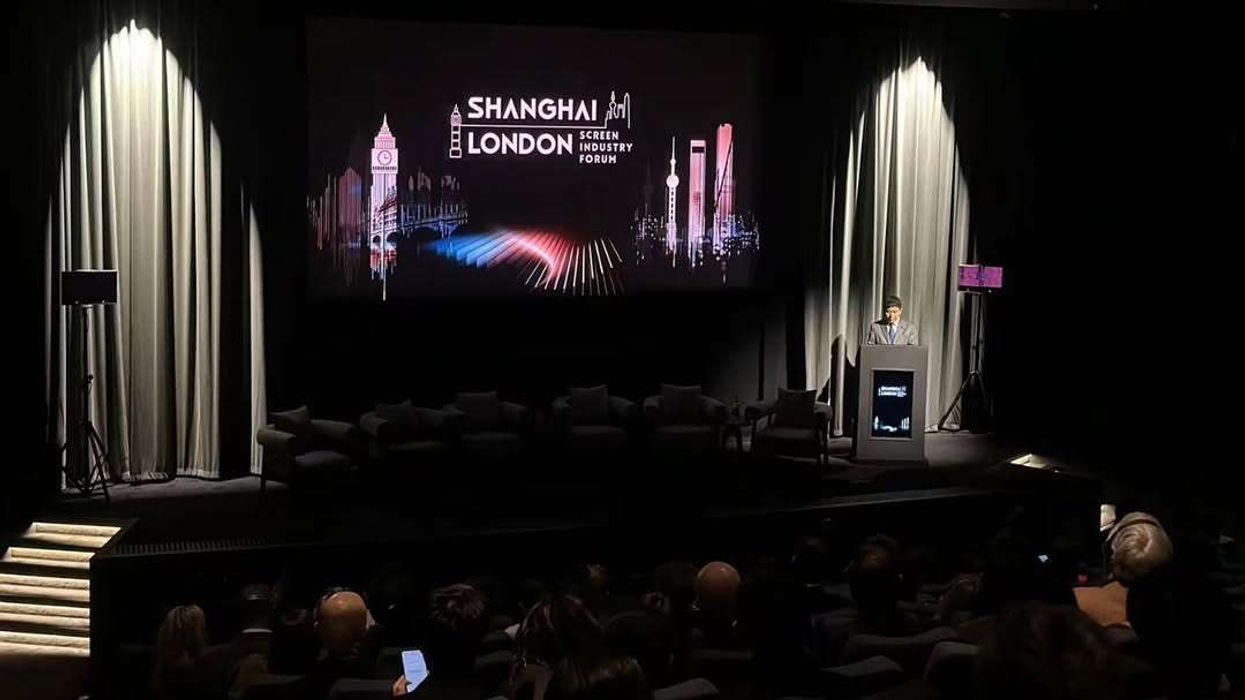Highlights:
- Forum brings UK and Chinese film professionals together to explore collaborations.
- Emerging British-Asian talent gain mentorship and international exposure.
- Small-scale dramas, kids’ shows, and adapting popular formats were the projects everyone was talking about.
- Telling stories that feel real to their culture, yet can connect with anyone, is what makes them work worldwide.
- Meeting three times a year keeps the UK and China talking, creating opportunities that last beyond one event.
The theatre was packed for the Third Shanghai–London Screen Industry Forum. Between panels and workshops, filmmakers, producers and executives discussed ideas and business cards and it felt more than just a summit. British-Asian filmmakers were meeting and greeting the Chinese industry in an attempt to explore genuine possibilities of working in China’s film market.

What makes the forum important for British-Asian filmmakers?
For filmmakers whose films explore identity and belonging, this is a chance to show their work on an international stage, meet Chinese directors, talk co-productions and break cultural walls that normally feel unscalable. “It’s invaluable,” Abid Khan said after a panel, “because you can’t create globally if you don’t talk globally.”
And it’s not just established names. Young filmmakers were all around, pitching ideas and learning on the go. The forum gave them a chance to get noticed with mentoring, workshops, and live pitch sessions.
Which projects are catching international attention?
Micro-dramas are trending. Roy Lu of Linmon International says vertical content for apps is “where it’s at.” They’ve done US, Canada, Australia and next stop, Europe. YouTube is back in focus too, thanks to Rosemary Reed of POW TV Studios. Short attention spans and three-minute hits, she’s ready.
Children’s and sports shows are another hotspot. Jiella Esmat of 8Lions is developing Touch Grass, a football-themed children’s show. The logic is simple: sports and kids content unite families, like global glue.
Then there’s format adaptation. Lu also talked about Nothing But 30, a Chinese series with 7 billion streams. The plan is for an english version in London. Not a straight translation, but a cultural transformation. “‘30’ in London isn’t just words,” Lu says. “It’s a new story.”
How are stories made to appeal globally?
Jason Zhang of Stellar Pictures says international audiences respond when culture isn’t just a background prop. Lanterns, flowers, rituals, they’re part of the plot. Cedric Behrel from Trinity CineAsia adds: you need context. Western audiences don’t know Journey to the West, so co-production helps them understand without diluting the story.
Economic sense matters too. Roy Lu stresses: pick your market, make it financially viable. Esmat likens ideal co-productions to a marriage: “Multicultural teams naturally think about what works globally and what doesn’t.”
What about the next generation?
The UK-China Film Collab’s Future Talent Programme is taking on eight students or recent grads this year. They’re getting the backstage access to international filmmaking that few ever see, including mentorship, festival organising and hands-on experience. Alumni are landing real jobs: accredited festival journalists, Beijing producers, curators at The National Gallery.
Adrian Wootton OBE reminded everyone: “We exist through partnerships, networks, and collaboration.” Yin Xin from Shanghai Media Group noted that tri-annual gathering: London, Shanghai, Hong Kong create an “intensive concentration” of ideas.
Actor-director Zhang Luyi said it best: cultural exchange isn’t telling your story to someone, it’s creating stories together.
The Shanghai-London Screen Industry Forum is no longer just a talking shop. It’s a launchpad, a bridge. And for British-Asian filmmakers and emerging talent, it’s a chance to turn ideas into reality.





